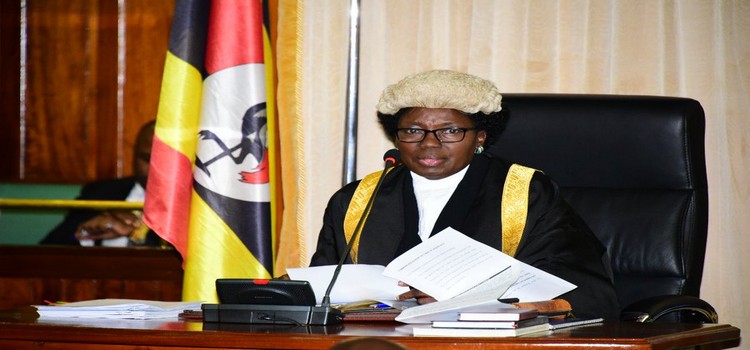The International Monetary Fund (IMF) has cut Kenya’s economic growth forecast for the second time, pointing to the country’s hard times. In its World Economic Outlook, October 2017, the IMF expects the economy to grow by five per cent in 2017, slightly lower than their projected growth of 5.3 per cent in April.
And it might not get any better going forward. According to the Bretton Woods institution, in 2018, the economy will still grow at five per cent, a far-cry from the double-digit growth that the country expects in order to attain Vision 2030.
Vision 2030 is a long-term development blue-print aiming to transform Kenya into an industrialised, middle-income country in 12 years.
The economy grew by 5.8 per cent in 2016 compared to 5.6 per cent in 2015.
It is the second time that the IMF revised down Kenya’s growth.
In January, the IMF projected that the country’s real gross domestic product, or the total value of goods and services produced in a year, would expand by six per cent.
This is not surprising as Kenya’s economy has in recent times been buffeted by headwinds, ranging from drought which dampened harvests, a charged political environment that has affected consumption by the private sector and the Government’s fiscal policy as tax collection has also slowed.
The result has been a slowdown in the country’s GDP.
Between April and June (second quarter), GDP growth was slower at five per cent compared to 6.3 per cent growth in the same period in 2016.
A weaker performance in agriculture, manufacturing and financial services were to blame, said the Kenya National Bureau of Statistics (KNBS) in its latest GDP quarterly reports.
“Performance of the agriculture sector was exacerbated by widespread drought experienced during the fourth quarter of 2016 and somewhat suppressed long rains in 2017 that considerably affected crop production and rearing of animals,” read the report in part, noting that impact on agriculture led to a “notable slowdown in the manufacture of food as agro-processing was negatively affected by constrained supply of food products.”
“Electricity generation was also greatly affected by reduced rains thereby necessitating increased use of thermal sources whose intermediate inputs are more expensive compared to other sources.”
And with the continued slow uptake of credit, growth in financial intermediation was also dampened.
But a charged political environment has also had its negative effects, impacting sectors such as real estate, where investors have put off development of housing projects.
According to another report by KNBS, Leading Economic Indicators, the value of buildings approved for construction by the County Government of Nairobi in the first seven months of 2017 declined sharply by 18.4 per cent to Sh149.5 billion, down from Sh183.2 billion in the same period last year. This means the economy lost a massive Sh33.7 billion during this period.
-The Standard





